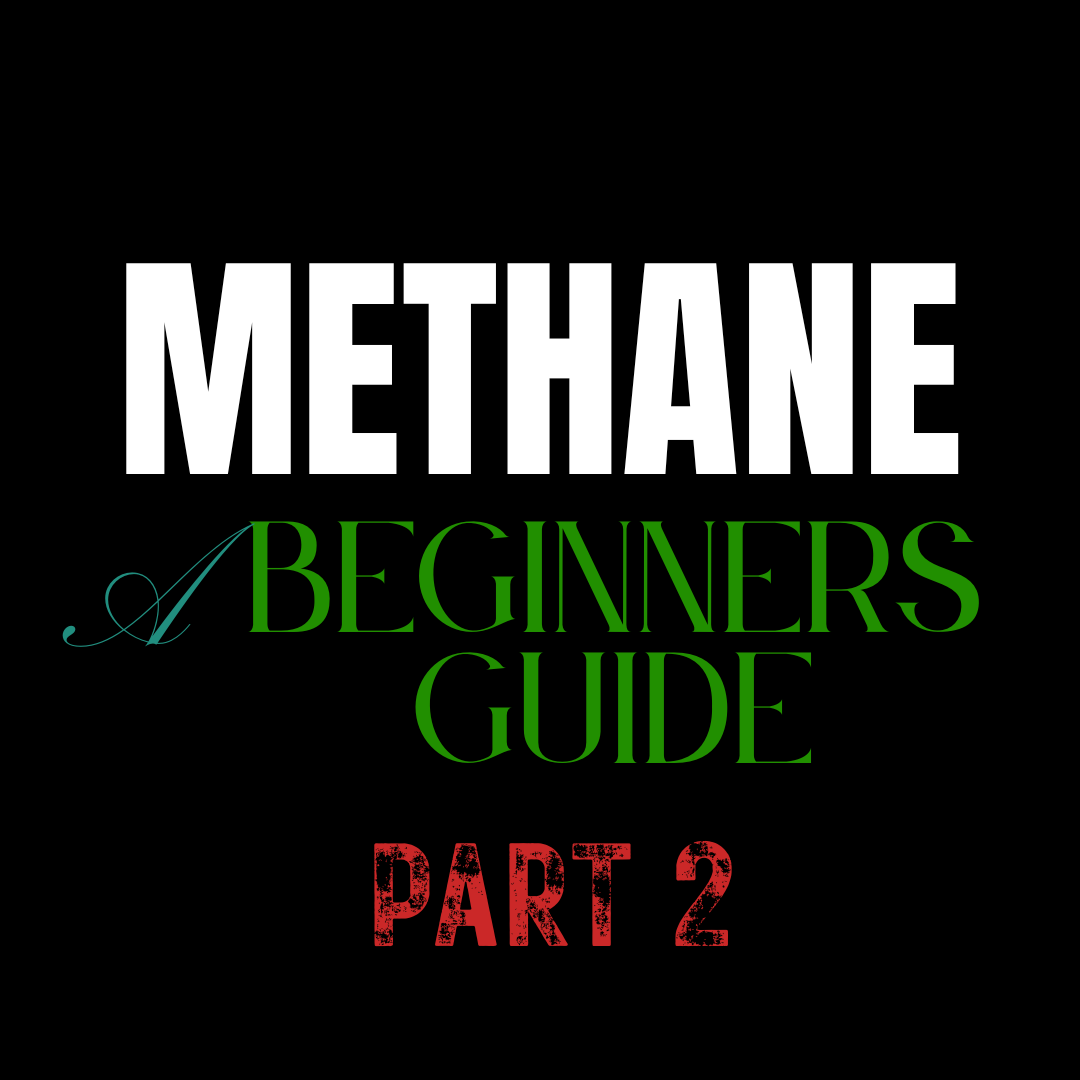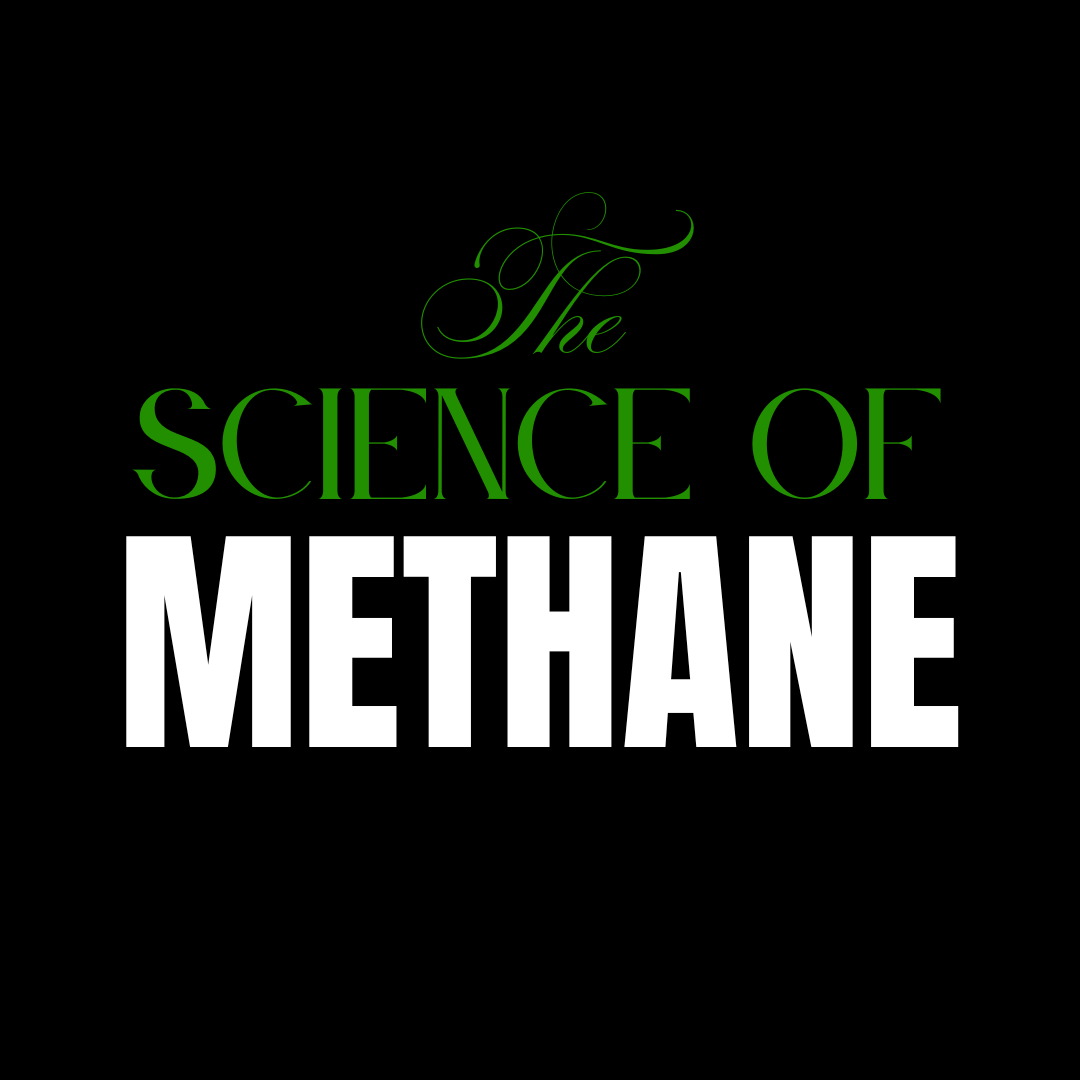OUR WORK
The Methane Science Accord is dedicated to promoting science-based policies and practices related to methane emissions. Our work focuses on advocating for a better understanding of methane's function in natural processes and role in climate change, particularly in relation to ruminant methane, which is methane produced by livestock. We believe that current scientific research indicates that ruminant methane's warming effect is significantly less than previously thought, and we are committed to challenging outdated methodologies, such as the GWP100 standard, and protecting nature and farming from experimental technologies.
Submissions
Read a selection of submissions from the team at the Methane Science Accord
Articles
Articles and Opinion pieces from the team at the Methane Science Accord
Interviews
Interviews with the team at the Methane Science Accord, (including podcasts)
Videos
Find short informative videos, breaking down the issues; (Podcast interviews are in the Press section)
Science & Data
The team from the Methane Science Accord break down the Science and report the Data
Issues
The team at the Methane Science Accord break down the issues, in depth
SEARCH
INTERVIEWS
with the Methane Accord Team
Dom George from Rural Exchange & Owen Jennings to unpack his keynote at the World Association of Sustainable Livestock Conference in Spain. They dive into why NZ is pouring over a billion dollars into methane mitigation research for a problem Owen argues barely exists—and how current methane accounting protocols inflate New Zealand’s warming impact by a staggering 300 to 400%.
Our farmers are ‘carbon neutral’ to use a typical brain-dead expression, often vaunted by what is now a massive international time and money-wasting clobbering machine. Warming measuring technologies in agriculture designed by technocrats who wouldn’t know a cow from a car, are hurting farming and sucking up state funds.
We are recklessly throwing taxpayer funds at a non-existent problem while Kiwis can’t afford a doctor’s visit and disabled wait for better care. Over a billion dollars have gone into this frivolous exercise.
Extract: I think we need to be very careful that what we're doing is practical, it's scalable, it's cheap, because we’ve had this weird fascination of intensive, expensive interference with our advantage which is actually a resource advantage for New Zealand as our low input pasture raised system. So we've got to be very careful we don't turn ourselves into an EU type of scenario. And I also think that all of these things also can be a bit of a excuse for intensifying agriculture, and that is not the way that we should be going in terms of GE. .. all of this technology that's disguised as something that we need, when actually we need to make sure that we are promoting everything that we do naturally ..
Platform: Sean Plunket talks to the former National President of Federated Farmers Owen Jennings about New Zealand's methane emission targets.
.. that New Zealand's ruminant emissions which come from our sheep and cattle have been steadily reducing factor way back to about 2005 but particularly since 2015. And what that means and this is not readily understood is that the pool of methane in the atmosphere coming from our stock is reducing in size.
Owen Jennings, respected New Zealand farmer, former MP, and long-standing agricultural leader, will represent New Zealand at the II Congreso Mundial de Ganadería Sostenible (II World Congress on Sustainable Livestock) to be held in Extremadura, Spain, from 12–15 November 2025.
“Power and food inflation, actually food inflation. If you're thinking you're paying enough the butter at the moment and it's very expensive, well fasten your seat belt, because once we add the true cost of Paris, and their technology, initiatives, additives, boluses, pills, potions, plus land use change; just to tick the Paris box, wait and see! … I was thinking about this morning on the farm. As a country, we seem to be terrified of the wrong things. We seem to be terrified of what highly subsidised, heavily populated industrial countries think of us more so than protecting and promoting our natural competitive advantage, which actually is using our resources, our water, our highly productive soils, our hill country to our advantage, our grass feed protein.
The Country:McDonald's, a wealthy global junk food company, saying that New Zealand farmers should actually be thanking them, because instead of paying as a premium for our naturally pasture raised, free range red meat, they're going to invest hundreds of thousands of dollars “to fund projects to help New Zealand farmers with their on farm management”. Well, bugger me. I'm not sure that we need McDonald's to be telling us, how to improve our farm productivity!
We're spending far too much time listening to sermons from desk sitters & junk food companies, not enough promoting our unique, biodiverse productivity to the world.
Peter Foster of the Methane Science Accord joins Jaspreet Boparai and Don Nicolson to critique the Government's methane science review panel, accusing it of sidelining key experts and ignoring crucial data. Foster argues the panel was predisposed toward maintaining the status quo, dismissing international findings that question methane's climate impact. With claims that global warming potential metrics are flawed and New Zealand livestock emissions are near-negligible, they call out what they see as decades of scientific groupthink and political inaction. A passionate discussion that challenges the mainstream narrative and calls for an open, evidence-based debate.
Featured:
Methane, Climate Policy & Scientific Crediability
Peter Foster on RCR, with Jaspreet Boparai + Don Nicolson 18 June 2025 ::: Episode →
ARTICLES
by the Methane Accord Team
While the world races to engineer methane fixes. New Zealand’s most powerful climate solution is already here, under our boots, in our pastures, and woven through our native forests. It’s not a policy. It’s a process: soil microbes eating methane, day after day, year after year, in ecosystems carefully tended by farmers working with nature, not against it. Our secret isn’t high-tech. It’s low input natural farming. Across 9.5 million hectares of permanent pasture and 8 million of native forest, New Zealand’s ecosystems operate as a dynamic biological climate regulator
Despite the circular science, livestock like my heifers are condemned as climate culprits. There’s no chance to enter a plea, let alone ask for a trial by science. We are told we must do “our bit”. Yet our stable, sustainable livestock systems get no credit for the CO₂ absorbed to grow the grass in the first place. Basic high school science tells us that the only way ruminants produce greenhouse gases is by eating plants that use greenhouse gases to grow. You can’t have one without the other.
Farmers are being asked to celebrate a target that changes nothing for the climate, wastes taxpayer money, and ignores real science. Our farmers feed a growing global population with high-quality, natural, safe, emissions-efficient food. That ability is something to protect, not punish. New Zealand farming isn’t the climate problem, it’s part of the climate solution. Our grass-fed, pasture-based systems produce some of the lowest emissions per kilogram of food in the world. Undermining that system with unnecessary interventions erodes our competitive advantage and the trust that underpins New Zealand’s brand.









